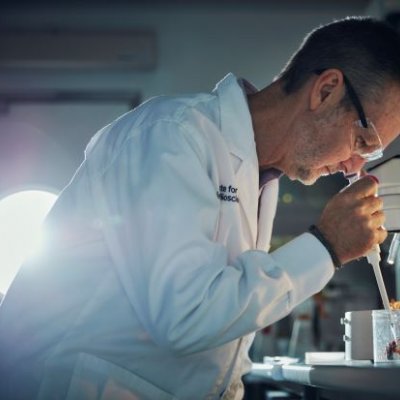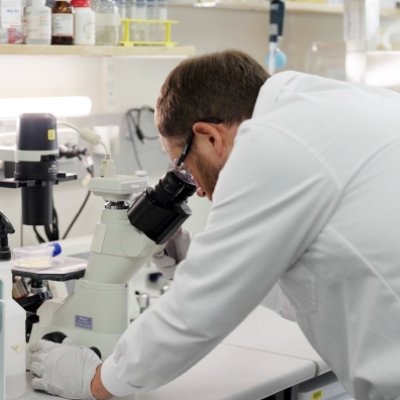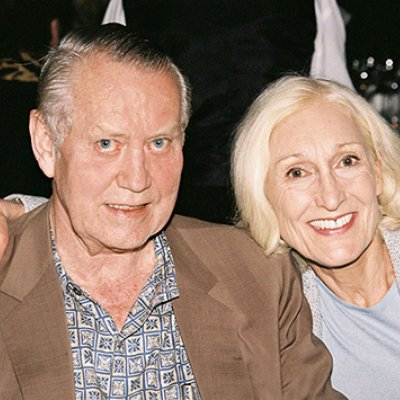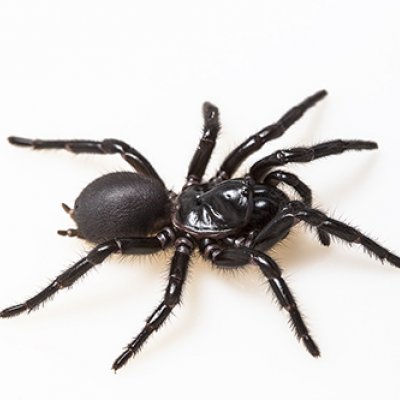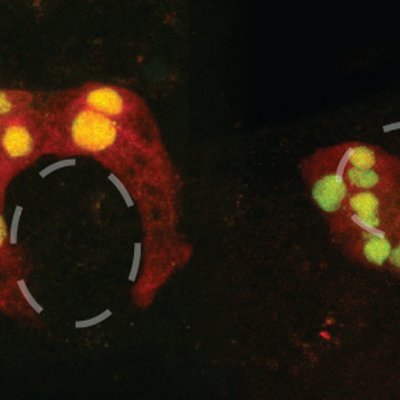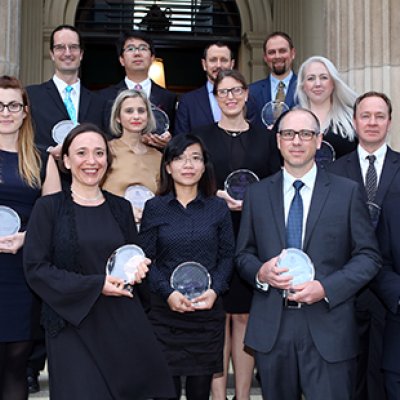University of Queensland researchers have secured 28 grants totalling more than $29 million to address critical health challenges.
18 December 2024A UQ-led project to develop the first-ever drug to treat heart attack and protect donor hearts will move to human clinical trials, after receiving $17.8 million in funding from the Medical Research Future Fund (MRFF).
7 October 2024A spider venom molecule being investigated by a University of Queensland team has met critical benchmarks towards becoming a treatment for heart attack and stroke.
17 January 2024Professor Glenn King from UQ’s Institute for Molecular Bioscience has been awarded the Prime Minister’s Prize for Innovation, a $250,000 recognition of his pioneering work.
17 October 2023Throughout the 2000s, The Atlantic Philanthropies gave more than $100 million to UQ to help establish several UQ institutes and centres.
27 July 2022A potentially life-saving treatment containing venom from one of the world’s deadliest spiders is one step closer to human trials, thanks to a $23 million investment in a Brisbane startup.
4 July 2022A potentially life-saving treatment for heart attack victims has been discovered from a very unlikely source – the venom of one of the world’s deadliest spiders.
16 July 2021The chain of command inside human cells is similar to the way a factory is run, two University of Queensland researchers say.
14 December 2020A record number of researchers and research supervisors has been honoured for their outstanding achievements at the 2017 UQ Research Week awards.
13 September 2017